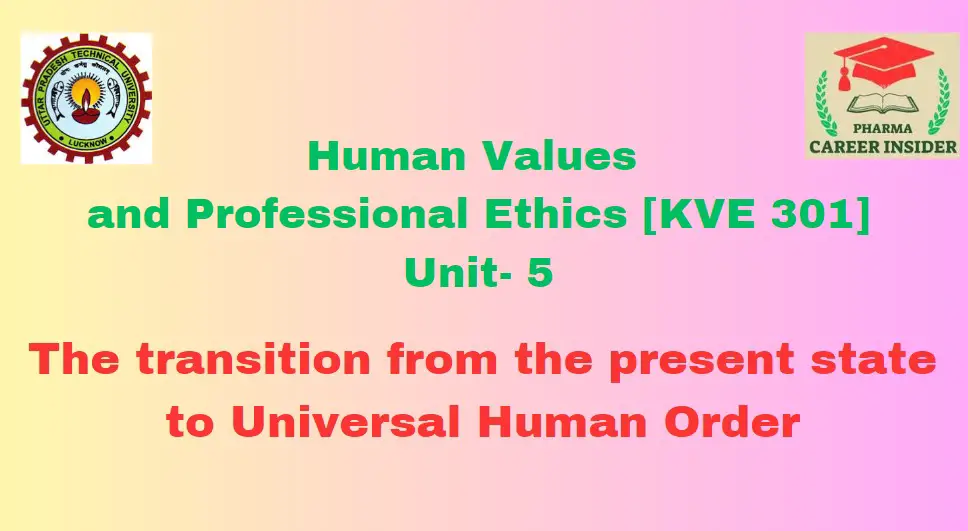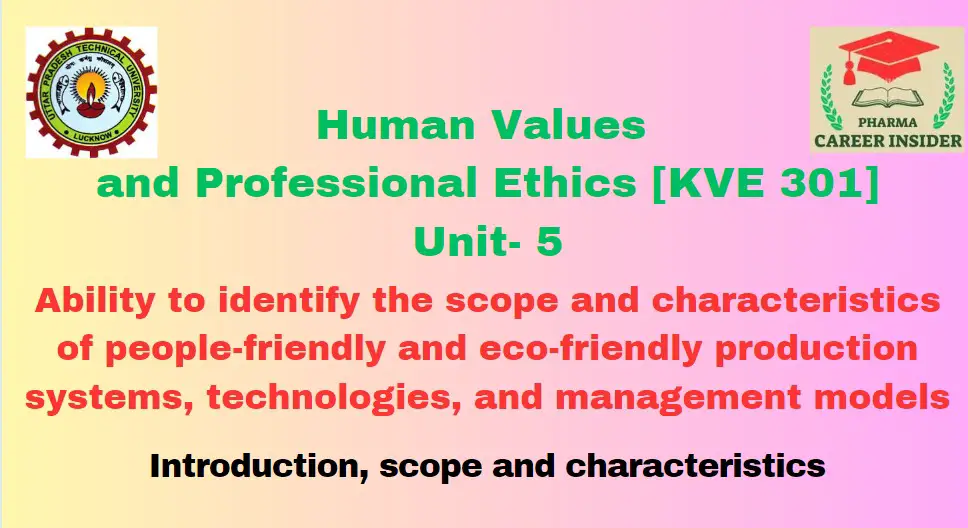Meta Description
Explore the transition from the current state to a universal human order, focusing on sustainable living, harmony, and holistic human development.
Introduction
At the level of society, the transition from the present state to a Universal Human Order involves the development and implementation of mutually enriching institutions and organizations that support the principles and values of a sustainable and equitable society. This transition requires a shift in both mindset and behavior, as well as systemic changes that support the development of these institutions and organizations.
One key aspect of this transition is the creation of new forms of governance based on collaboration, transparency, and participation. This may involve developing decentralized decision-making processes, stakeholder engagement, and technology to facilitate collaboration and information sharing. The goal is to create a system of governance that is inclusive, responsive, and accountable to the needs of all stakeholders.
Another important aspect of the transition is the development of sustainable economic systems that prioritize the well-being of people and the environment. This may involve the growth of alternative economic models, such as the sharing economy, the circular economy, and the cooperative economy, as well as the promotion of sustainable practices in traditional economic sectors. The goal is to create an equitable, sustainable, and resilient economy that supports the development of a Universal Human Order.
In addition, the transition requires the creation of new forms of education and learning that promote the development of socially and ecologically responsible individuals. This may involve the integration of sustainability and social responsibility into curricula, promoting lifelong learning, and developing new educational models that emphasize collaboration, critical thinking, and problem-solving skills. The goal is to ensure that individuals have the knowledge, skills, and values necessary to contribute to developing a Universal Human Order.
At the organizational level, the transition requires the creation of institutions and organizations that are mission-driven and committed to promoting sustainability and equity. This may involve developing new business models, such as social enterprises and purpose-driven organizations, as well as the integration of sustainability and social responsibility into existing organizations. The goal is to create organizations that are transparent, accountable, and responsive to all stakeholders’ needs, contributing to the overall goal of a universal human order.
Finally, the transition requires the creation of new forms of media and communication that promote transparency, collaboration, and information sharing. This may involve using technology to facilitate communication and collaboration, the promotion of responsible journalism, and the development of new forms of storytelling that emphasize the importance of sustainability and equity. The goal is to ensure that information is accessible and that the voices of all stakeholders are heard so that informed decisions can be made to support the development of a Universal Human Order.
Need
The need for transition from the present state to a Universal Human Order at both the individual and societal levels is driven by several pressing global challenges, including climate change, social inequality, and the depletion of natural resources. To address these challenges, it is necessary to create a more sustainable and equitable society, one that prioritizes the well-being of both people and the planet.
At the individual level:
At the individual level, the need for transition is driven by a growing recognition of the importance of personal responsibility for creating a better world. Individuals play a crucial role in shaping the future and must have the knowledge, skills, and values necessary to contribute to developing a Universal Human Order.
At the societal level:
At the societal level, the need for transition is driven by the need for systemic change. The current system is not working for many people, and it is increasingly clear that radical change is needed if we are to create a more sustainable and equitable world. This change must occur at all levels of society, from the individual to the institution, and a shared vision of a better future must drive it.
In both cases
In both cases, the need for transition is driven by recognising the interconnectedness of people, the planet, and the systems that support life. To create a Universal Human Order, it is necessary to create mutually enriching institutions and organizations that support the principles and values of sustainability and equity. This requires a systemic shift in mindset and behavior, and the collaboration of individuals, organizations, and communities. The goal is to create an equitable, sustainable, and resilient world that supports the well-being of all individuals and the planet.
Different Role
At the level of the individual, the role of transition from the present state to a Universal Human Order is to develop socially and ecologically responsible individuals with the knowledge, skills, and values necessary to contribute to developing a sustainable and equitable society. This may involve education and learning that promotes sustainability and social responsibility, as well as personal action and engagement in creating a better world.
At the level of society, the role of transition is to develop mutually enriching institutions and organizations that support the principles and values of a sustainable and equitable society. This may involve the creation of new forms of governance, economic systems, education, and organizations that prioritize the well-being of people and the planet. It also involves the development of new forms of media and communication that promote transparency, collaboration, and information sharing.
In both cases, the role of transition is to create a equitable, sustainable, and resilient world that supports the well-being of all individuals and the planet. This requires a systemic shift in mindset and behavior, and the collaboration of individuals, organizations, and communities. The goal is to create mutually enriching institutions and organizations that support the principles and values of sustainability and equity, and that contribute to the overall goal of a Universal Human Order.




